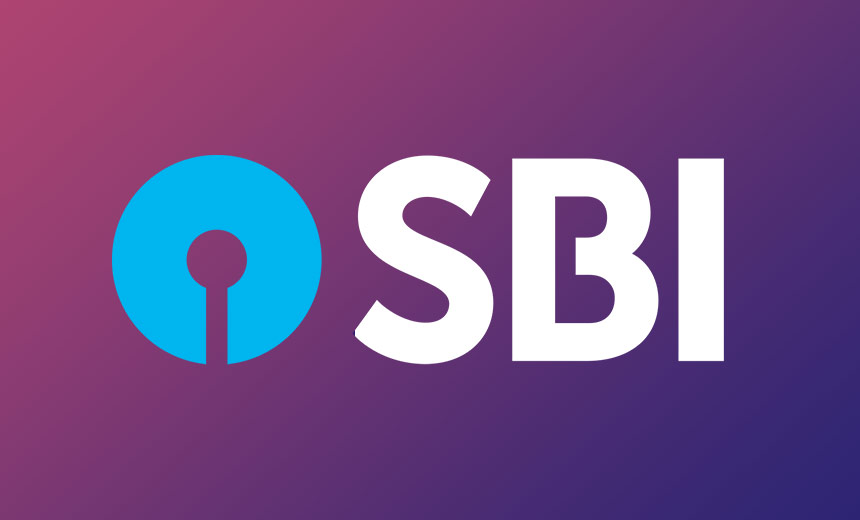
Samsung Partners IIT-Jodhpur to Set Up Samsung AR-VR Innovation Lab Under its Digital Academy Initiative. Samsung India today inaugurated the Samsung AR-VR Innovation Lab at IIT-Jodhpur, taking the total count of such labs under the Samsung Digital Academy initiative to seven, strengthening its commitment towards the government’s Skill India mission and also bolstering the Digital India initiative.
The Samsung AR-VR Innovation Lab at IIT-Jodhpur will train students on new technologies such as Augmented Reality and Virtual Reality (AR/VR), helping them learn industry-relevant skills and making them job-ready.
Samsung Digital Academy is Samsung’s corporate social initiative that aims to bridge the digital divide and proficiency gaps in the country by skilling students on cutting-edge technology.
Courses at the lab would be run by Samsung engineers in conjunction with the faculty of IIT-Jodhpur andwill be offered to B.Tech, M.Tech and PhD students by the Department Computer Science and Engineering at IIT-Jodhpur.
A batch of 30-35 bachelor students would be trained per year and part of this lab would be used by research fellows to conduct their experiments.
The Samsung AR-VR Innovation Lab at IIT-Jodhpur was virtually inaugurated by Shri Ajay Prakash Sawhney, Secretary, Electronics & Information Technology, Government of India and Dr. Mugdha Sinha,
Secretary to Government, Art, Literature, Culture and Archaeology and Director General, Jawahar Kala Kendra, Rajasthan.
“Samsung Digital Academy is a great initiative to bring one of the finest global technology leaders, Samsung and IIT Jodhpur together to form a lab dedicated for technological innovations.
Samsung has a strong grip on every technology they use and I am certain that the innovation Lab at IIT- Jodhpur will enable the students to explore various technological territories and come up with discoveries and endless
possibilities,” said Shri Ajay Prakash Sawhney, Secretary, Electronics & Information Technology, Government of India.
“Samsung R&D Institute India, Delhi has been working closely for many years with premiere engineering institutions of India to foster collaborations for joint teaching, mentoring and promoting research on
advanced and emerging technologies.
This new Samsung Innovation Lab at IIT-Jodhpur would specialize
in AR/VR and help students pursue this disruptive innovation. We are committed to work in the field of next generation technology development and participate in the growth of advanced research areas through the network of Samsung Innovation Labs under the Samsung Digital Academy program,” said Deokho Kim, Managing Director, Samsung Research & Development Institute, Delhi.
“At Samsung, we aim to cultivate a culture of innovation among students and help create strong infrastructure at top academic institutions in the country.
The first Samsung Innovation Lab started in 2017 as part of our citizenship initiatives and since then we have seen several other come up where students have been up-skilled on new-age technologies such as IoT and pervasive computing.
These labs have also been used by students and faculty at the IITs for collaborative research with Samsung engineers. We are confident that Samsung Innovation Lab will help students leverage the growing digital
technologies market and develop their talent,” said Peter Rhee, Corporate Vice President, Samsung India.
“This lab will provide opportunity to the students to get exposed to different aspects of AR and VR technologies. As AR and VR is finding applications in diverse fields like education, industrial design, robotics, infrastructure management and medicine, students of different programs of the institute
including those of Medical Technology can take advantage of this facility,” said Prof. Santanu Chaudhury, Director IIT Jodhpur.
The curriculum at the Samsung AR-VR Innovation Lab at IIT-Jodhpur will include Augmented Reality, Virtual Reality and Mixed Reality, with special emphasis on touch, haptics, taste, smell, robotic interfaces, telepresence and brain-machine interfaces.
The course will be taught over 14 weeks through classroom lectures, assignments and lab room sessions, self-study and mini projects. Extensive tutorials and approach documents will also be provided to students to facilitate practical exercises.



